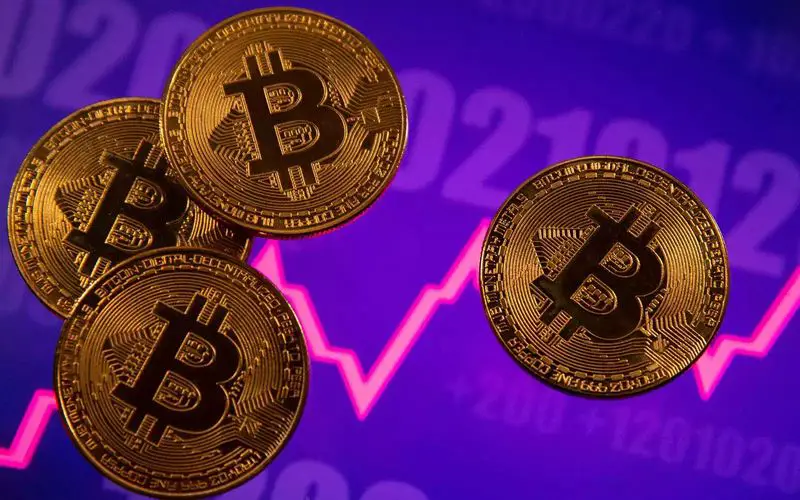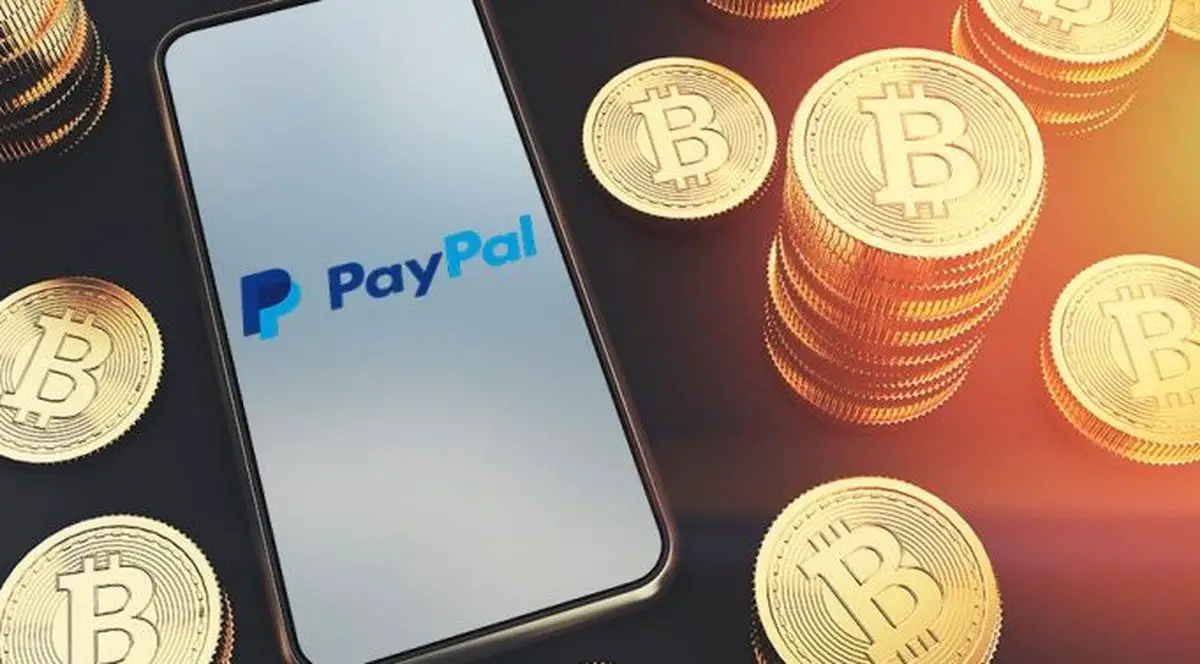PayPal Holdings Inc will announce later today that it has begun allowing U.S. consumers to use their cryptocurrency holdings to pay millions of its online merchants globally, a move that could significantly boost the use of digital assets in everyday commerce.
PayPal launches cryptocurrency payments at nearly 30,000 merchants
Customers who hold bitcoin, ether, bitcoin cash, and litecoin in PayPal digital wallets will now be able to convert their holdings into fiat currencies at checkouts to make purchases, the company said.
The service, which PayPal revealed it was working on late last year, will be available across all of its 29 million merchants in the coming months, the company said.
“This is the first time you can seamlessly use cryptocurrencies in the same way as a credit card or debit card within your PayPal wallet,” President and CEO Dan Schulman told Reuters ahead of a formal announcement.
Checkout with Crypto builds on PayPal users’ ability to buy, sell and hold cryptocurrencies, which the San Jose, California-based payments company launched in October.

The offering made PayPal one of the largest financial companies to open its network to cryptocurrencies and helped fuel a rally in virtual currency prices.
Bitcoin has nearly doubled in value since the beginning of this year, driven by increased interest from larger financial firms that are betting on wider adoption and see it as a hedge against inflation.
The PayPal launch comes less than a week after Tesla Inc said it would start accepting bitcoin payments for its cars. Unlike PayPal transactions in which merchants will receive fiat currency, Tesla said it will keep bitcoin used as payment.
Still, while the nascent asset is gaining traction among mainstream investors, it has yet to become a mainstream form of payment, due in part to its continued volatility.
PayPal hopes its service can change that since by settling the transaction in fiat currency, merchants won’t assume the risk of volatility.
“We believe this is a transition point where cryptocurrencies move from being predominantly an asset class that you buy, hold or sell to now becoming a legitimate funding source to transact in the real world with millions of merchants,” Schulman said.
The company will not charge any transaction fees to pay with cryptocurrency and only one type of coin can be used for each purchase, he said.





